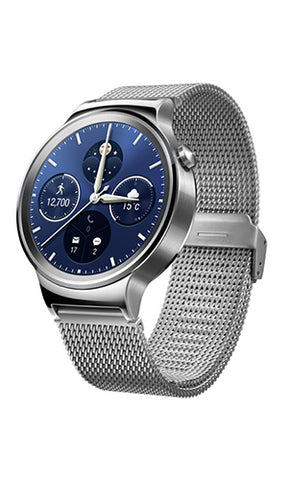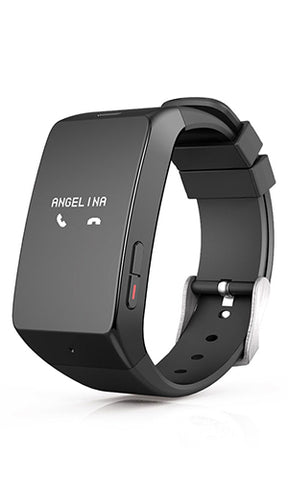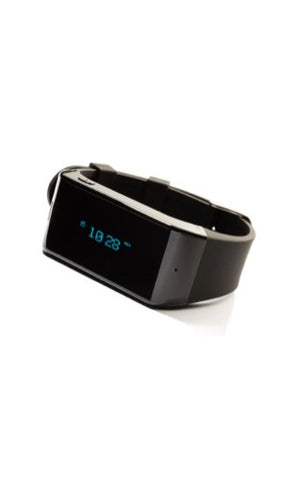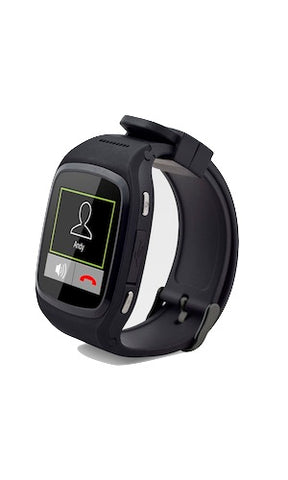Can wearables make us happy?
Written By
Wearables.com
Can wearables help us be happier? That’s a big question at this year’s SXSW Interactive conference, and the subject of a conversation led by creative director Forest Young (Interbrand) and technical director Gareth Price (Ready Set Rocket), whose particular background is in artificial intelligence.
Unbeknownst to many, wearables were first invented by two MIT scientists to cheat in casinos. The pair developed a wearable computer that guaranteed 44% better odds in roulette. Consciously minded technologists today have taken cue from this duo and are feverishly investigating how a wearable device could create 44% better odds in generating positive emotion.
The trouble is, the meaning of “happiness” has been philosophized for thousands of years and the definition ultimately lies in the eye of the beholder. But that subjectiveness hasn’t stopped companies like Japan’s Hitachi from doing their best to determine what data can be collected to reveal various states of happiness.
Hitachi’s own sensor was developed to record employees’ level of satisfaction, which is then reported to their bosses. The predictive model developed by Hitachi quantifies “the collective happiness of a group from distinctive patterns in physical movements.” (A happy employee is a productive one, after all.)
Thanks to what Young and Price describe as the “miniaturization, democratization and interoperability” of wearable devices today, more and more brands and companies are honing in on their own ways quantifying positive emotions. The variables typically used to measure emotion include heart rate, skin galvanization (sweat), facial gestures, voice inflections, muscular tension, respiration, brainwaves and proximity.
(One company to note: Affectiva. Affectiva has made great strides with a technology called the Affdex, which measures subconscious reactions to a stimulus through sophisticated computer vision algorithms.)
Beyond collecting and quantifying “happiness” variables, wearables will have to find a way to meaningfully sensitize that data for the user in a way that benefits them. The two experts at SXSW agree that, currently, most devices do not clearly solve problems. Thus they encourage everyone in the wearables field — from academics to developers to designers — to hone in on specific ways to improve users’ lives. Hopefully consumers can expect to see more devices hitting the market that will make them solvers of distinct problems, decision makers, and/or assist them towards a goal like becoming financially independent.
In the end, happiness (and the tracking of it) is what Price calls “a noble open source project” — one that he hopes everyone will contribute to. What might seem like a luxury product actually has the power to create real meaning. But it begs the question: Are we ready to take an honest look at just how happy we actually are?
The post Can wearables make us happy? appeared first on Wearables.com.
Tags: Activity Trackers, Featured Items, Fitness Band, Fitness Wearables, Health Wearables, Medical, Sleep Tracker, Smartwatches, Step Tracker




